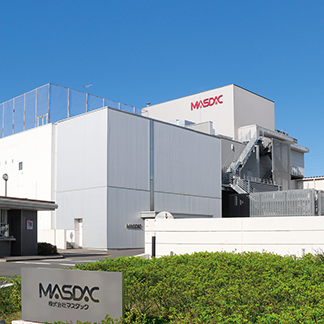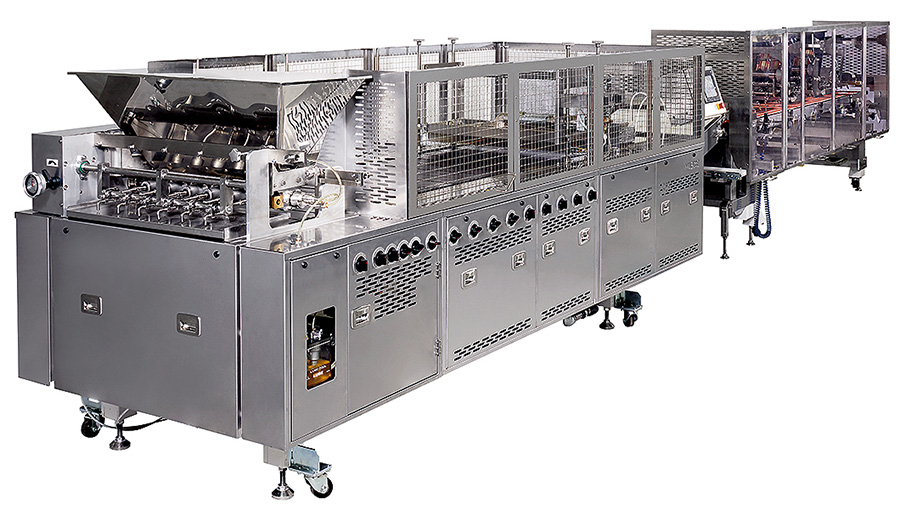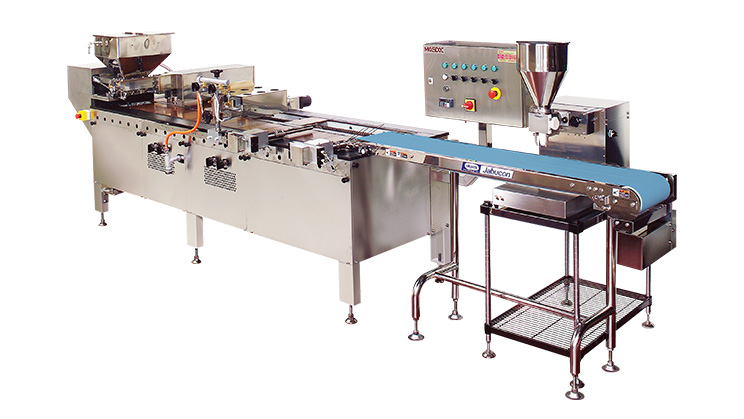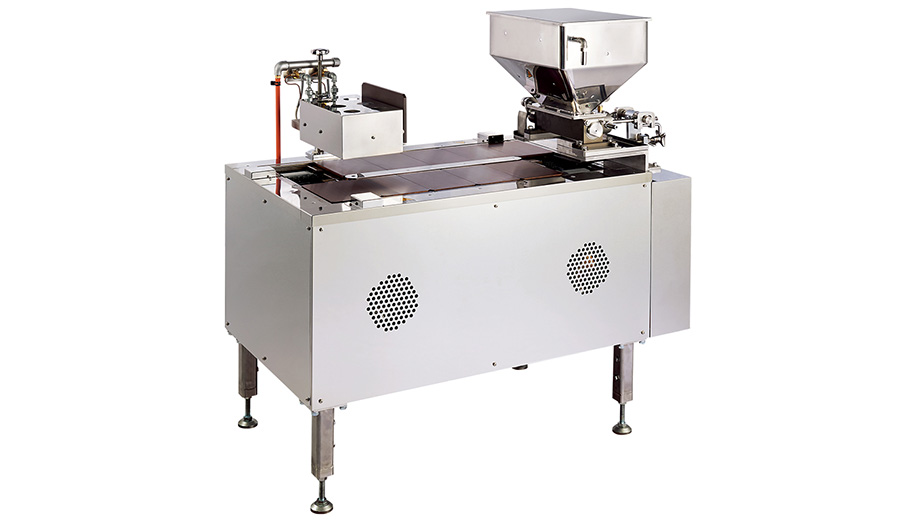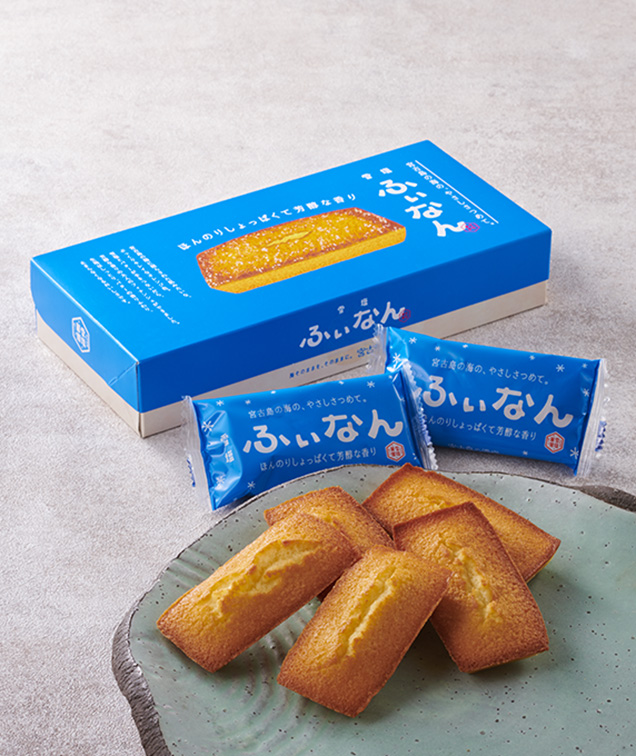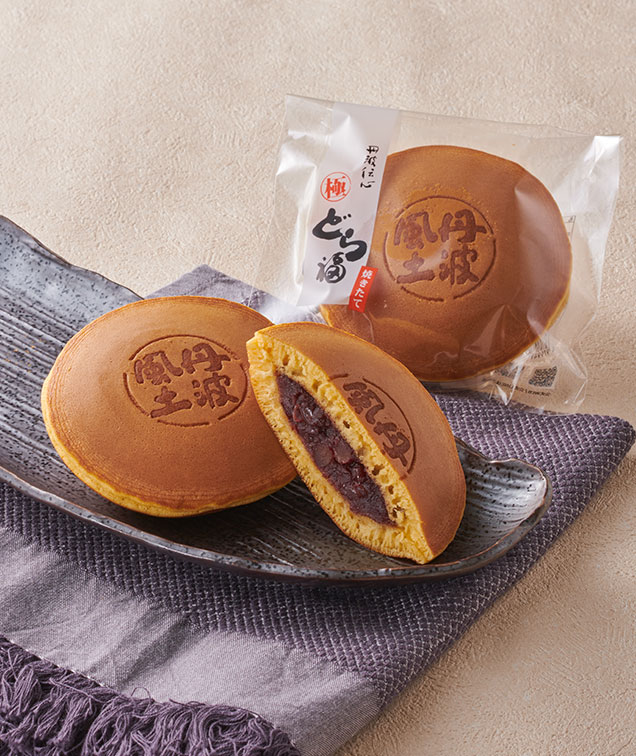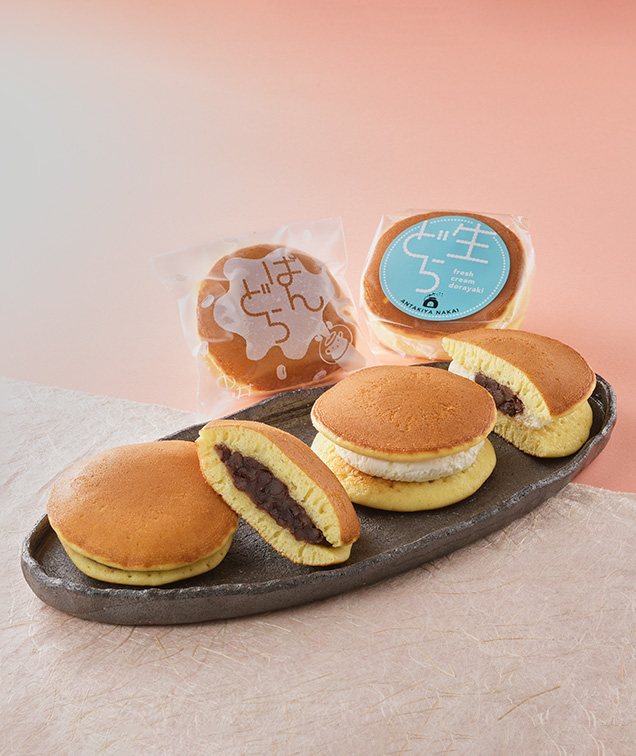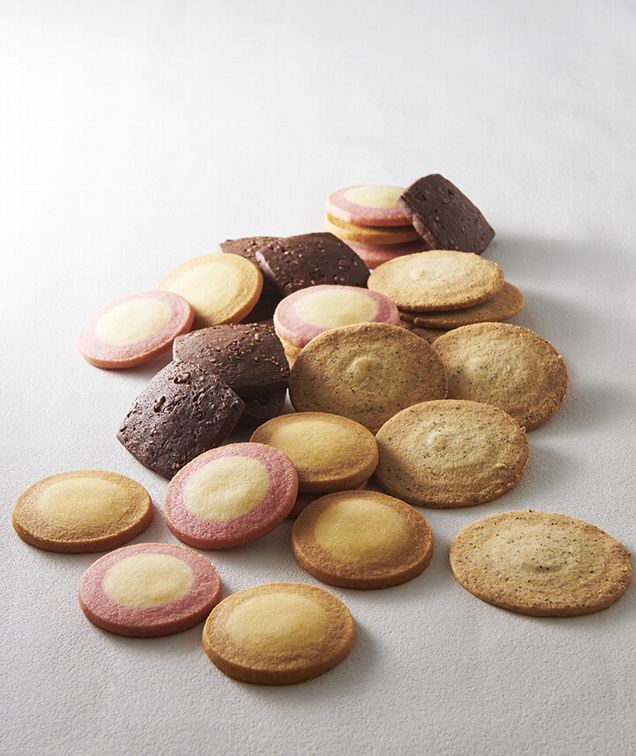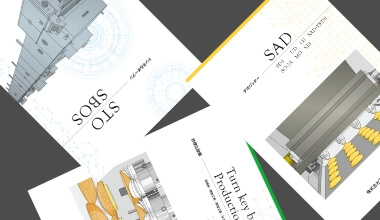Case Study
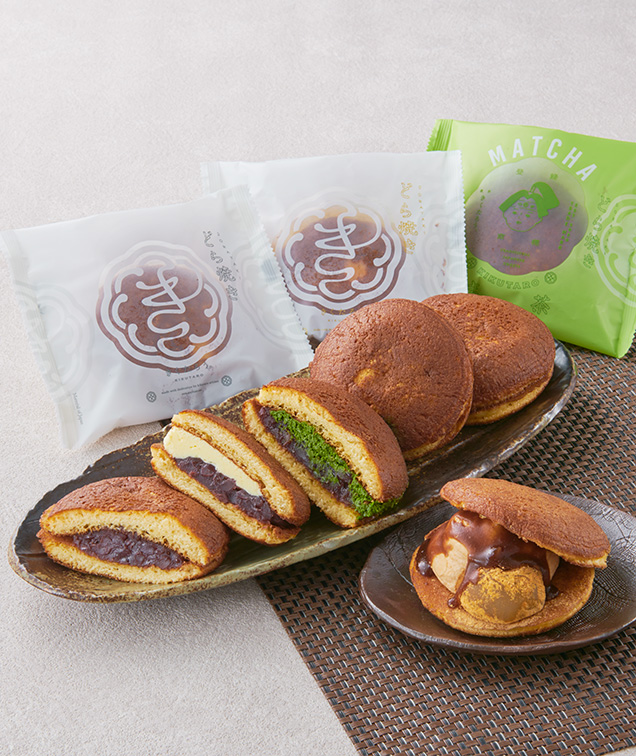
- どら焼機
- どら焼き
Kasho KIKUTARO
Kasho KIKUTARO is a Japanese confectionery brand operated by the Retail Food and Beverage Division of SHINKO CO., LTD, a confectionery manufacturer celebrating its 70th anniversary. Takaharu Yamada, the manager, joined the company at the age of 28 after marrying President Shuji Koshino’s second daughter. After gaining experience in various departments, he has been overseeing the retail food and beverage business since its inception.
The founder, Kikutaro Koshino, began with confectionery wholesale and manufacturing karinto after World War II, establishing the company in 1954 and launching Koyanagi Karinto. However, due to declining sales, production of karinto was discontinued in 2007. Yamada was tasked with reviving the company’s original product, leading to the creation of KIKUTARO stores, named in honor of the founder.
To achieve this, Yamada developed a new product called Koyanagi, a karinto with a light texture and nostalgic flavor, made using “ra-mugi,” a specific type of wheat from Fukuoka Prefecture used for ramen noodles. The company expanded its variation, incorporating ingredients from Kyushu, and made Koyanagi its signature product.
The main KIKUTARO store features a café space that seats about 20 people. Popular items include Japanese sweets and drinks, skewered dumplings roasted on a shichirin, or a charcoal grill, and served with three types of bean paste, and lunch plates with a choice of salad or deli. Initially, the store’s salads gained popularity, leading to increased sales of Japanese sweets.
Continuing its innovative approach, the store introduced the Mochimochi Warabi Drink in 2019, sparking a nationwide trend in warabimochi drinks.
Anticipating a decline in store visitors and potential labor shortages, the company early on emphasized e-commerce, creating a system that integrates online and in-store experiences with promotional services like social networking.
KIKUTARO aims to continuously design customer contact points, build an adaptable organization, and apply the knowledge gained from the retail food and beverage business—such as market-driven product development and branding—to all areas of the company, striving to become a more creative enterprise.
Location:11-22 Kamisone Shinmachi, Kokura Minami-ku, Kitakyushu-shi, Fukuoka
URL:https://www.kikutaro.net/
Publication:MASDAC news June issue in 2024
Automatic Dorayaki Machine (SDR-K)
Yakitate Butter Dorayaki, available only on Saturdays and Sundays at Kasho KIKUTARO, has been well received. The increased demand for the longer-lasting standard Dorayaki and Nama Dorayaki led to production challenges, prompting the introduction of a Compact Type Dorayaki Machine (14 copper plate type) in 2019. By 2022, the company upgraded to a Full Automatic Dorayaki Machine to ensure stable mass production in line with the opening of new branches. A key feature of KIKUTARO’s dorayaki is the special batter. To achieve a fluffy texture, the batter is misted, steamed under a heat-retaining cover, then misted and steamed again after being flipped. This intricate process, previously done by hand, has been automated to improve efficiency. Currently, over 10 varieties of dorayaki, including seasonal offerings, are produced, with the machine operating five days a week and yielding 700 pieces per day. The Compact Type Dorayaki Machine from the main store was relocated to the Hakata store, which opened at the end of last year, and is now used to produce Yakitate Mini Butter Dorayaki, limited to 200 pieces daily.
-
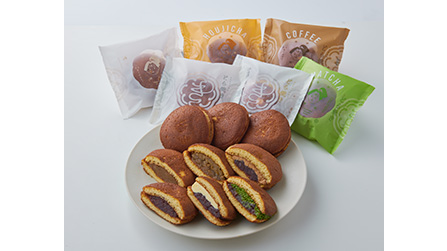 There are six types of standard dorayaki: Dorayaki (Tsubuan), Dorayaki (Shiroan), Hojicha Dorayaki, Matcha Dorayaki, Coffee Dorayaki, and Yakitate Butter Dorayaki, which is sold only on Saturdays and Sundays at the main store. The lineup also includes seasonal offerings such as Sakura, Raisin Butter, Pistachio, Lemon, and Chestnut.
There are six types of standard dorayaki: Dorayaki (Tsubuan), Dorayaki (Shiroan), Hojicha Dorayaki, Matcha Dorayaki, Coffee Dorayaki, and Yakitate Butter Dorayaki, which is sold only on Saturdays and Sundays at the main store. The lineup also includes seasonal offerings such as Sakura, Raisin Butter, Pistachio, Lemon, and Chestnut.There are six types of standard dorayaki: Dorayaki (Tsubuan), Dorayaki (Shiroan), Hojicha Dorayaki, Matcha Dorayaki, Coffee Dorayaki, and Yakitate Butter Dorayaki, which is sold only on Saturdays and Sundays at the main store. The lineup also includes seasonal offerings such as Sakura, Raisin Butter, Pistachio, Lemon, and Chestnut.
-
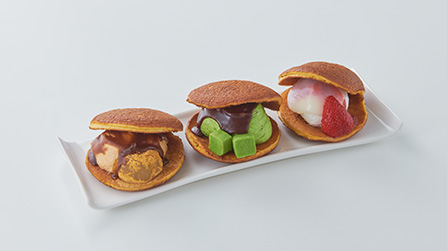
-
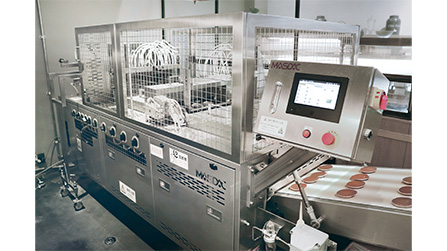
-
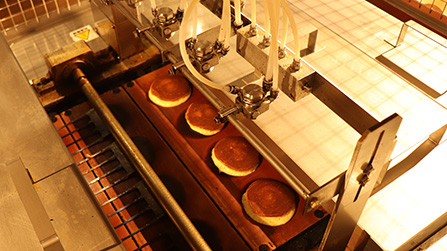
Reference
MASDAC NEWS trial version
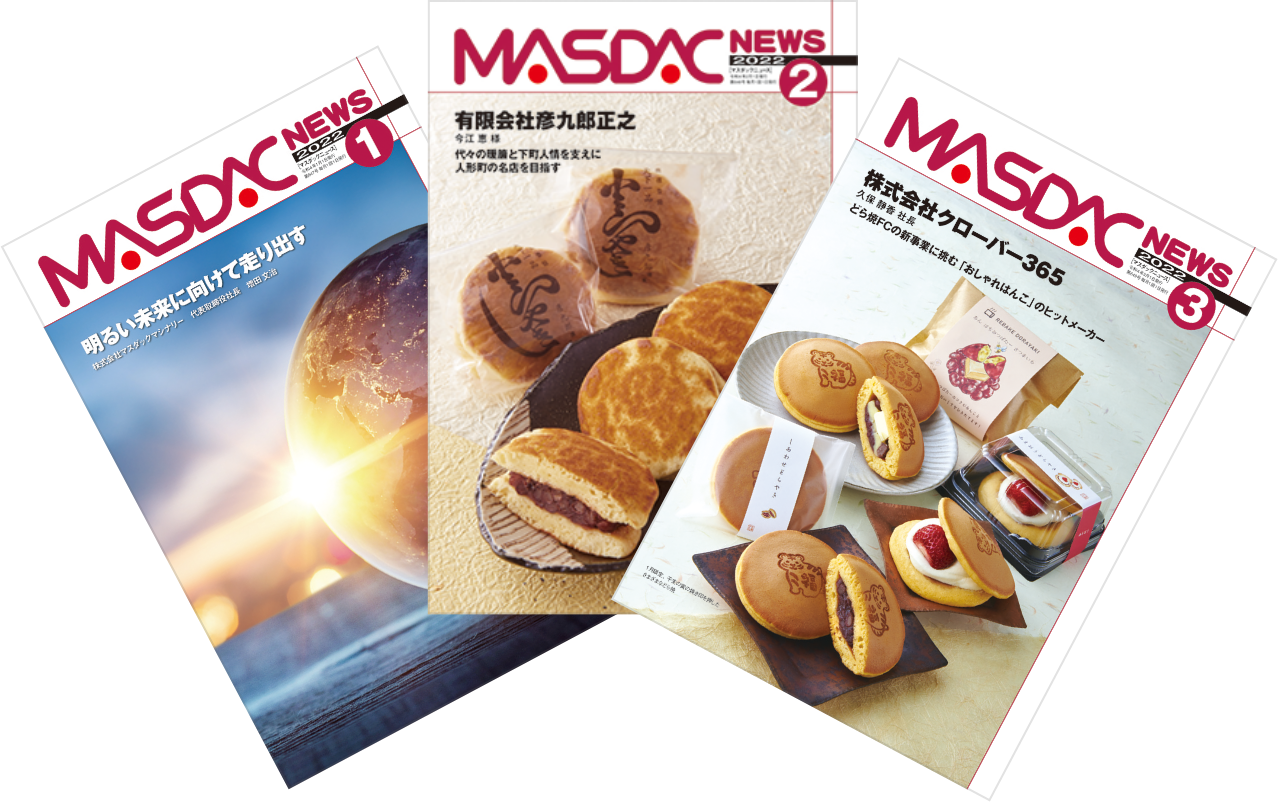
Case studies are published in our PR magazine MASDAC NEWS delivered to users. In the magazine, we present various information related to sweets and food manufacturing, including an interview with our customers’ top management. Here, you can check out the trial version of the magazine. For periodical delivery of the MASDAC NEWS in a printed format, please send us a request via the following request form.
View the Trial Version (PDF)